How Often Do Infants Sleep? A Guide to Baby Sleep Patterns by Age
Why Infant Sleep Patterns Can Feel So Confusing
If it feels like your baby is always sleeping or never sleeping, you’re not imagining it. Infant sleep can feel like a moving target, especially in the early weeks when day and night seem indistinguishable.
Understanding how often infants sleep not only eases the anxiety many new parents feel but also sets realistic expectations that support the whole family’s wellbeing. This guide breaks down baby sleep patterns by age, offers insight into signs of tiredness, and provides tips for building healthier sleep routines.
Whether you're a new parent, caregiver, or simply Googling “how often do infants sleep,” you're in the right place.
How Sleep Changes During the First Year
Newborns (0–3 Months)
Need 14–17 hours of sleep per day
Sleep in short stretches (2–4 hours at a time)
No established circadian rhythm yet
Wake frequently for feeding and comfort
Infants (4–6 Months)
Sleep becomes more predictable
Total sleep needs: 12–16 hours, including 2–3 naps
May experience a sleep regression around 4 months
Older Infants (7–12 Months)
Begin consolidating sleep
Typically sleep 10–12 hours at night with 1–2 longer naps
Teething or developmental milestones can disrupt patterns
Pro Tip: Track naps and wake windows using a simple sleep journal or app. You’ll start seeing helpful patterns that guide your daily rhythm.
How Often Should Your Infant Sleep? (By Wake Window)
Wake Windows by Age
Newborns (0–3 mo): 45–60 minutes
3–6 months: 1.5–2.5 hours
6–9 months: 2–3 hours
9–12 months: 2.5–4 hours
Why Wake Windows Matter
Wake windows help prevent overtiredness, which often leads to crankiness and resistance at bedtime. Using age-appropriate windows creates a flexible, responsive sleep schedule that adapts to your baby's cues.
Signs Your Baby Needs More (or Less) Sleep
Signs of Overtiredness
Rubbing their eyes or turning their head away
Fussy, clingy, or unusually hyper
Difficulty settling or frequent night waking
Signs of Rested Sleep
Wakes up smiling or alert
Takes consistent-length naps
Feeds well and engages during awake time
Understanding these signs can make a world of difference in meeting your baby’s unique needs without the guesswork.
Supporting Healthy Infant Sleep
Create a Sleep-Friendly Environment
Darkened room (blackout curtains work wonders)
White noise machine for consistency
Swaddles or sleep sacks (for safe and cozy containment)
Build Consistent Sleep Routines
Repetition is key to training your baby’s brain to recognize when it’s time for sleep.
Think: bath → feeding → lullaby → lights out
Use calming cues at the same time each evening
FAQs About Infant Sleep
Can babies sleep too much?
Generally, no, but if your newborn sleeps excessively and is hard to wake for feeds, consult your pediatrician.
When do babies sleep through the night?
Most infants can sleep longer stretches (6–8 hours) by 6 months, but it varies by baby.
Should I wake my baby to feed?
Yes, especially in the early weeks. Newborns need frequent feeding every 2–3 hours.
Do naps affect nighttime sleep?
Absolutely. Too few or too many daytime naps can make nighttime sleep challenging.
Final Thoughts
Struggling with unpredictable naps or sleepless nights? Understanding how often infants sleep is the first step toward smoother days and restful nights.
Let Sleep Child O’ Mine help you: We offer gentle, personalized sleep coaching for families in Tampa and beyond. Whether your baby is weeks old or nearly one, we’re here to help you reclaim your rest with compassion, not cry-it-out.


